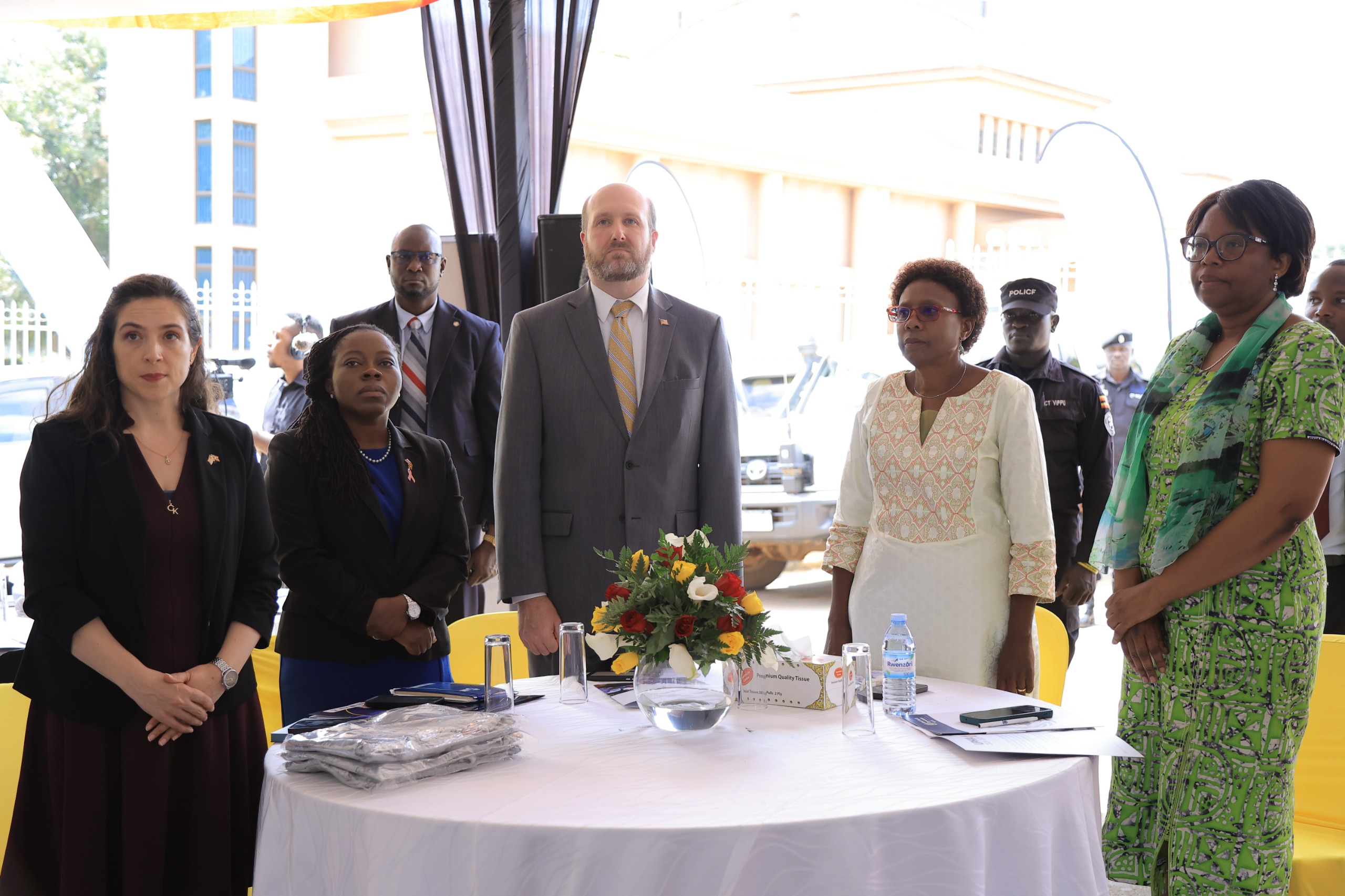The Ministry of Health, in partnership with Makerere University School of Public Health and the Uganda Bureau of Statistics (UBOS), has officially launched the Uganda Population-Based HIV Impact Assessment (UPHIA) 2025 survey.
The initiative aims to assess the country’s progress in combating the HIV epidemic and shape future health interventions.
The UPHIA 2025 survey is part of a broader regional effort to meet the UNAIDS 95-95-95 targets: 95% of people living with HIV knowing their status, 95% of those diagnosed receiving sustained antiretroviral therapy, and 95% of those on treatment achieving viral suppression.
Uganda joins four other East African nations in conducting its third round of the PHIA survey.
This effort is funded by the U.S. government through the President’s Emergency Plan for AIDS Relief (PEPFAR), with technical support from the Centers for Disease Control and Prevention (CDC).
Survey teams will visit 6,685 randomly selected households and interview approximately 15,000 individuals aged 15 years and above.
Among them, 14,980 will undergo blood testing to assess HIV viral load suppression and other key health indicators.
Additionally, 1,300 children and adolescents aged 10–14 will be interviewed, though they will not undergo blood draws.
Minister of Health Dr. Jane Ruth Aceng has called on Ugandans to support the survey by cooperating with data collectors and providing accurate information. She emphasized that participation is entirely voluntary and free of charge.
The U.S. government has committed $10 million to support the survey, demonstrating the importance of data-driven strategies to improve public health in Uganda.
In addition to HIV-related metrics, the survey will assess the prevalence of non-communicable diseases, including high blood pressure, diabetes, and obesity—both in the general population and among people living with HIV.
Professor Rhoda Wanyenze, Dean of the Makerere University School of Public Health, reaffirmed the institution’s dedication to delivering high-quality data.
The results will guide national strategies to curb both infectious and non-communicable diseases, contributing to a healthier, more prosperous Uganda.
ENd

